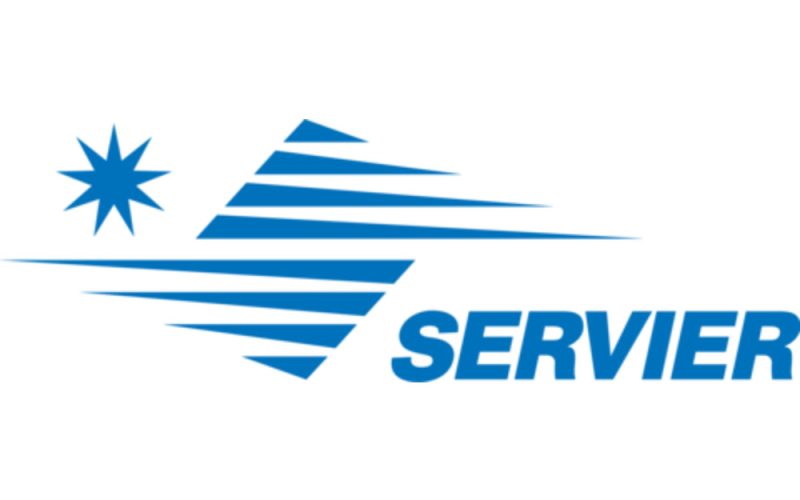PARIS — Servier, Taiho Oncology, Inc., and Taiho Pharmaceutical Co., Ltd., announced today that the investigational combination of trifluridine/tipiracil plus bevacizumab showed a statistically significant improvement in the primary endpoint of overall survival (OS) compared to trifluridine/tipiracil alone in a Phase III clinical trial of participants with refractory metastatic colorectal cancer (mCRC) following two chemotherapy regimens.
Further details about the OS benefit and other results from the primary analysis of the global SUNLIGHT trial will be presented at an upcoming international scientific conference.
“Findings from the SUNLIGHT trial could potentially represent a significant advancement in the treatment of patients with metastatic colorectal cancer who have progressed after two lines of standard chemotherapy,” said Nadia Caussé-Amellal, M.D., Head of Global Development, GI Indications, Oncology and Immuno-Oncology Therapeutic Area, Servier. “Combining trifluridine/tipiracil with bevacizumab demonstrated the potential to extend survival in these patients who have limited therapeutic options.”
Fabio Benedetti, M.D., Global Chief Medical Officer for Oncology at Taiho Pharmaceutical, said: “Trifluridine/tipiracil – discovered by Taiho and developed in our partnership with Servier with the cooperation of many patients and healthcare professionals – has had a significant impact on the management of colorectal cancer for thousands of patients. The results of this study may represent another advancement in the management of this disease, and we now look forward to the further analysis of secondary endpoints.”
Nearly 1.4 million people are diagnosed with colorectal cancer (CRC) each year worldwide,1 equating to 10% of the global cancer cases.1 CRC is the second most common cause of cancer mortality, accounting for 881,000 deaths globally in 2018,2 and patients with metastatic disease have a five-year survival rate of just 11%.3 Standard chemotherapy regimens for mCRC usually include a fluoropyrimidine plus irinotecan and/or oxaliplatin, with a targeted treatment – an antivascular endothelial growth factor or antiepidermal growth factor receptor – frequently added.
“The worldwide incidence of colorectal cancer is forecasted to exceed 3 million cases annually by 2040,4 and the number of deaths is predicted to increase by 69% to approximately 1.6 million per year,5” said Professor Josep Tabernero, M.D., Ph.D., Head of Medical Oncology, Vall d’Hebron University Hospital, Barcelona, Spain, and Primary Investigator for the SUNLIGHT trial. “New treatment options are urgently needed as we seek to reduce the growing global burden of colorectal cancer.”










